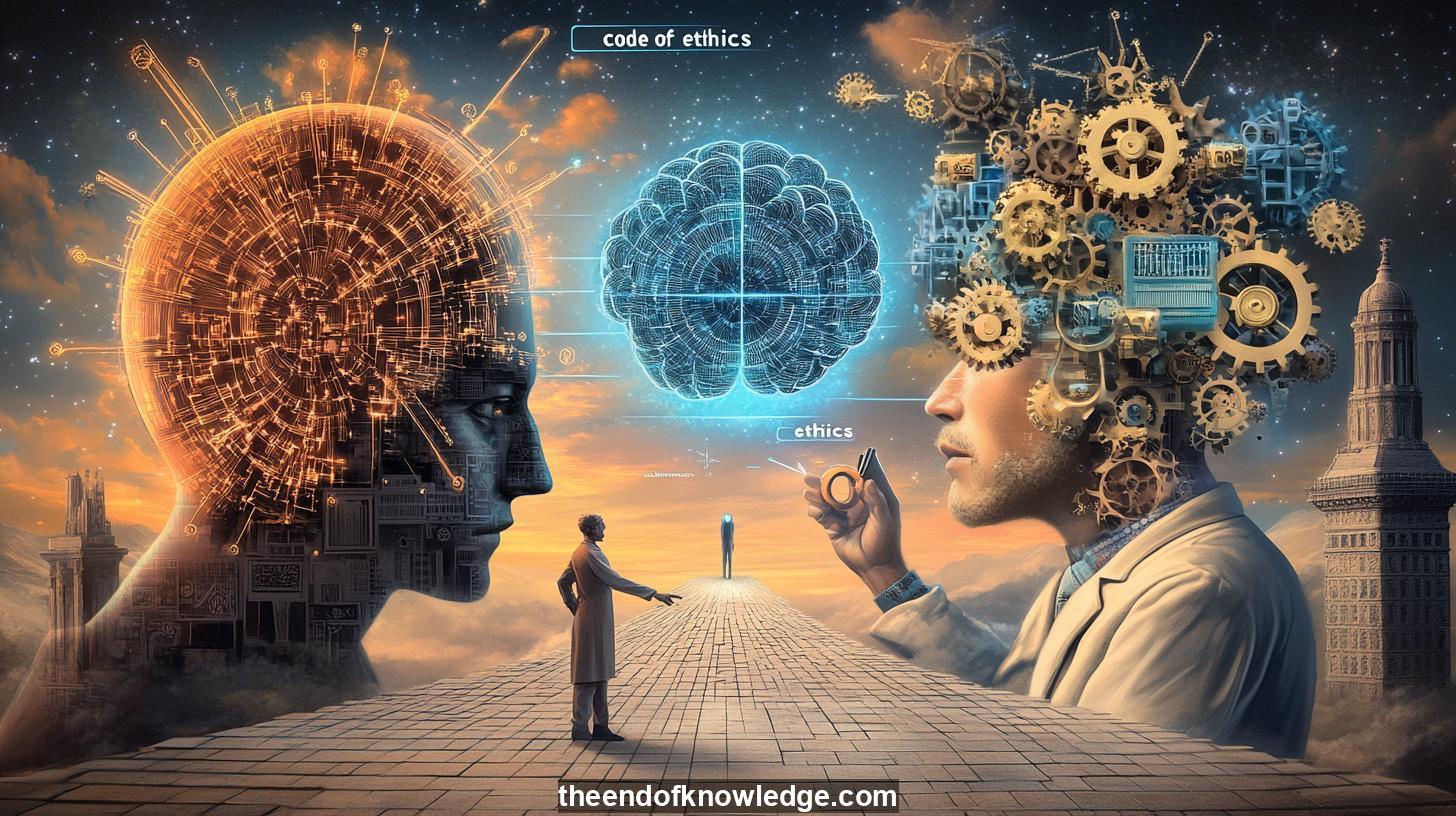 >
>
Concept Graph, Resume & KeyIdeas using DeepSeek R1 :
Resume:
discusses the transformative impact of artificial intelligence (AI) on industries, emphasizing the shift from traditional tools to a new paradigm of process reinvention. It highlights the costs associated with this transition, not just financial but also in terms of human adaptation and organizational change. The conversation delves into the concept of generative AI and its potential to revolutionize tasks, but also acknowledges the challenges, such as resistance to change, data privacy concerns, and the need for regulatory frameworks. also explores the ethical implications of AI, including issues of accountability, transparency, and the potential for job displacement. It emphasizes the importance of education and retraining to prepare workers for an AI-driven future. The discussion concludes by stressing the need for a balanced approach that leverages AI's capabilities while addressing its limitations and risks.30 Key Ideas:
1.- AI is driving a paradigm shift from traditional tools to process reinvention in industries.
2.- The transition to AI involves significant costs, including financial and human adaptation expenses.
3.- Generative AI has the potential to revolutionize tasks but faces resistance to change.
4.- Data privacy and security are major concerns in the adoption of AI technologies.
5.- Regulatory frameworks are essential to address ethical and legal implications of AI.
6.- Education and retraining are critical to prepare workers for an AI-driven future.
7.- AI raises ethical concerns, including accountability and transparency in decision-making.
8.- Job displacement is a significant risk, requiring strategies for workforce adaptation.
9.- Collaboration between humans and AI can enhance productivity and innovation.
10.- AI systems must be designed with safeguards to prevent misuse and bias.
11.- The integration of AI into organizations requires a cultural shift in mindset.
12.- AI can augment human capabilities but should not be seen as a replacement for human judgment.
13.- The development of AI policies must involve stakeholders from diverse backgrounds.
14.- Public-private partnerships can facilitate the responsible development of AI technologies.
15.- AI has the potential to solve complex problems but requires careful implementation.
16.- The pace of AI advancement challenges traditional regulatory and ethical frameworks.
17.- AI systems must be designed to align with human values and societal norms.
18.- Transparency in AI decision-making processes is crucial for building trust.
19.- AI can enhance efficiency but may also exacerbate existing social inequalities.
20.- The future of AI depends on balancing innovation with ethical considerations.
21.- AI requires ongoing evaluation to ensure it serves the public interest.
22.- The integration of AI into education can prepare future generations for new challenges.
23.- AI systems must be accessible to diverse populations to avoid marginalization.
24.- The ethical use of AI demands a global consensus on standards and practices.
25.- AI can empower individuals but also raises concerns about autonomy and control.
26.- The development of AI must prioritize inclusivity and equity.
27.- AI has the potential to transform industries but requires strategic planning.
28.- The impact of AI on employment necessitates proactive policy responses.
29.- AI can drive economic growth but must be managed to ensure equitable benefits.
30.- The responsible development of AI is essential for harnessing its full potential.
Interviews by Plácido Doménech Espí & Guests - Knowledge Vault built byDavid Vivancos 2025